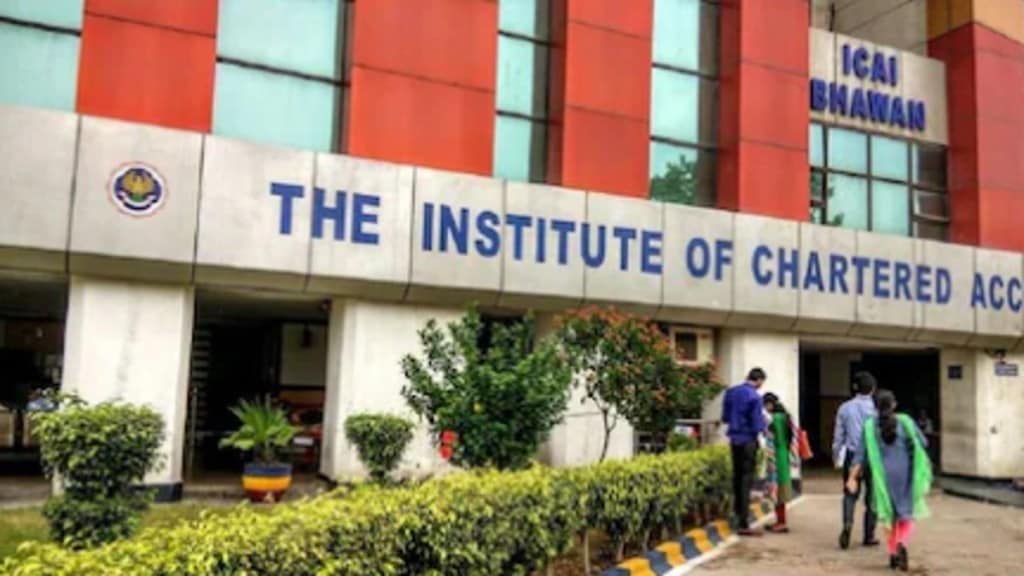The Institute of Chartered Accountants of India (ICAI) has raised concerns with the National Financial Reporting Authority (NFRA) on the latter’s move to update the existing SA 600 auditing standards in line with the International Standard on Auditing 600 (ISA 600). The institute fears that some of the proposed standards could lead to the concentration of work in the hands of large audit firms.
“We have given our objections on ISA 600 to NFRA. We have called our council meeting on September 17 where we will discuss this matter. This issue is impacting the entire economy of the economy so it has to be debated,” said Ranjeet Kumar Agarwal, president of ICAI on Friday.
The NFRA will shortly issue the exposure draft of the ISA 600 for public consultation; the standards are applicable to auditors of listed firms.
For instance, as per draft standard of ISA 600, principal auditor is responsible for the opinion on the entire group’s financial statements. Experts said that for taking this huge responsibility, the principal auditor may coerce the company’s management to replace the component auditors by principal auditors. For that purpose, they may also cite the reasons such as overall savings in audit fees, uniformity in quality of audit, etc.
“There are about 7,000 listed companies, and over 1.7 million unlisted ones. More than half of the unlisted companies are subsidiaries of listed firms. If the principal auditor of the listed company will decide on who to appoint the auditor/s for subsidiary firms, then it will take away the business from smaller and mid-size practitioners. We are ready to strengthen of the standards but we are not in favour of the concentration of audit market in India,” said an ICAI source on condition of anonymity.
At the moment, many of these 1.7 million unlisted companies are audited by 96,000 small and mid-size practices (SMPs), comprising either sole proprietors or partnerships with 2-5 partners. ICAI source said that in countries that have adopted ISA 600, the number of audit firms tends to be limited.
“Also, it’s not as if the countries that have ISA 600 standards have not seen audit failure. ISA 600 is not a remedy to all the problems. Indian authorities must carefully assess international standards before adopting them. The situation in developing economies like India differs significantly from other markets, and a thoughtful review is essential to ensure adaptability in local context,” he said.
Another contentious issue with the draft ISA 600 is that the principal auditor is required to assess the professional competence of component auditors. ICAI source said that all auditors are members of ICAI, and are being subject to the same education, training and licensing requirements. Therefore, there should be no need for the group auditor to assess the professional competence of the component auditor.
“This requirement could result in principal auditors asking for replacement of component auditors with their own members citing competence issue. This could badly affect SMPs,” said the source.

